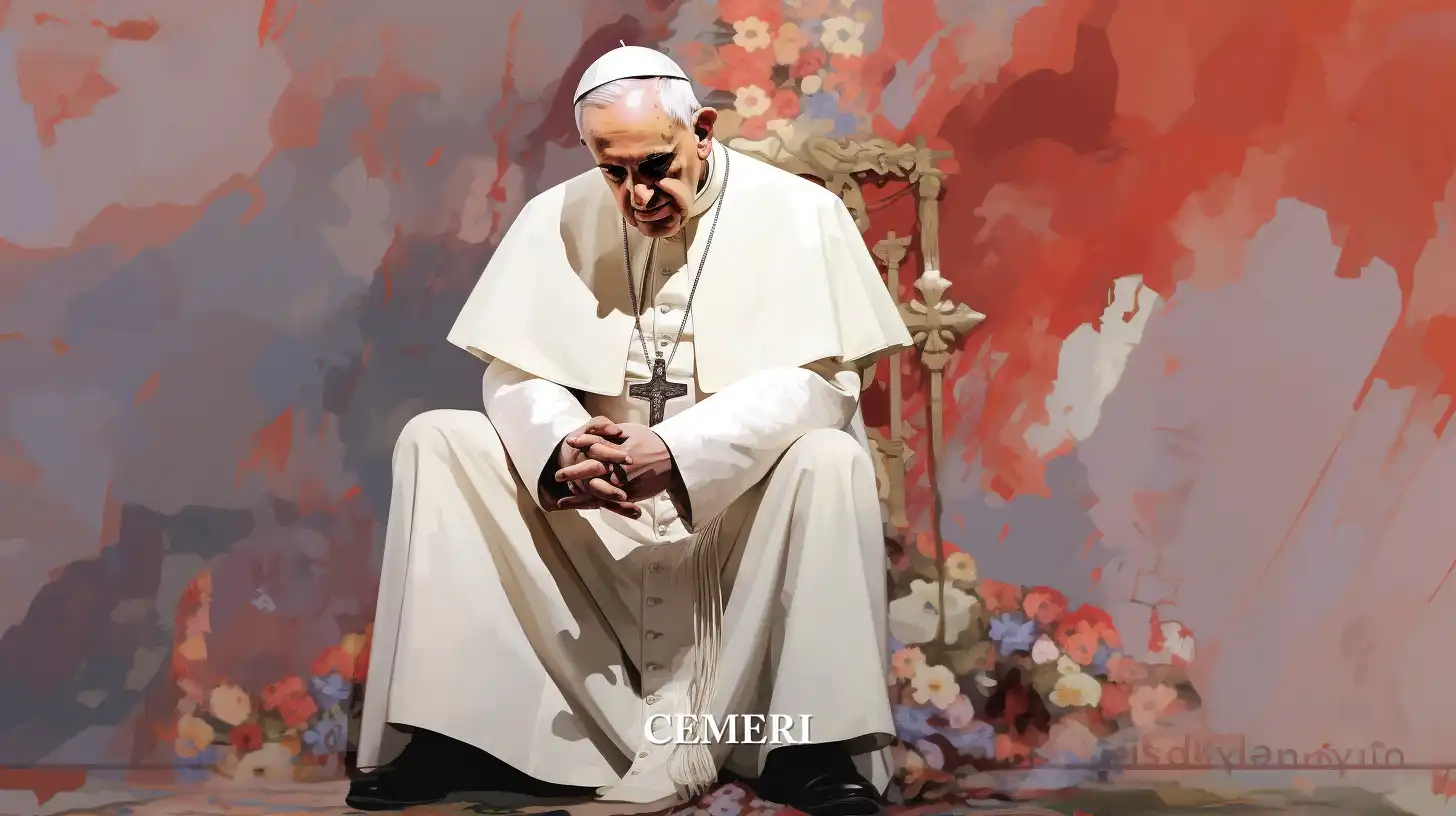Opinion
José Marín
The biopolitics of Europe: how does English otherness arise?
- How does the feeling of English otherness affect EU-UK relations?

Throughout European history, ethnicity, race, language, and class differences have been a breeding ground for the most violent and revolutionary scenarios in this region. If we take a brief retrospective of the history of the European hegemonies, we will find the ingredients of the situation that 2021 has for this continent.
The Dutch hegemony of the 16th century served as an intellectual and cultural reference for nations such as Germany, France or Sweden. Little by little, this cultural influence and model of freedom inspired dozens of European authors, and specifically French ones. Being the heart of the Republic of Letters during the 17th century, France challenged the Dutch hegemony as a cultural model. The European population now had a new role model; however, the rivalry between the Netherlands and France would soon have another color.
The origins of English otherness.
The insular condition of Great Britain and the role of its bourgeoisie would drastically influence the collective thinking of its population; while in the continental mass the aristocracy shaped traditions, culture and art looking to life in the palace as a muse; In the British Isles, the bourgeoisie would have inspired itself. This factor would have an impact on what the urbanized middle classes read and conversed on a daily basis, the symbolic function of royal blood was key, while the revolts of the 18th century against absolutism took place in continental Europe, Great Britain and its bourgeoisie agreed to separate economic and political administration.
This division prevented a revolution within British territory, the fullness of English technology and trade, coupled with this wise regulatory decision of political power and economic power, led to a successful military administration that sought the collective existence of the kingdom, in addition to neutralized the French foreign enemy.
Foucault, in his work "History of sexuality" identified two poles in the history of humanity, an intellectual one corresponding to the 16th century with (remember) the historical context of Dutch hegemony and a political one in the 18th century, where decisions are born. regulations of the State and power that are closely linked to biological processes. Well, this pole coincides with the rise of English hegemony and coincides not only with British history but also with the evolutionary process of capitalism. Great Britain was not only the winner of a war, the biopolitical interpretation of this event was the legitimate murder of those who represented a threat to English society. This is not new, all war can be translated as a decision on bodies, life and death at the mercy of nations; but the new fact is now the recognition of the existence of this.
To close this preamble, we can say that English otherness is the result of the geographical factor that isolated it from continental conflicts and customs; It is also the result of the economic factor, since the English bourgeoisie presented significant differences with respect to others in Europe, and influenced the decisions of the crown; and finally from the monarchical factor, the skill in political techniques that the ruling house has been able to do through its institutions such as the government, the State and the family.
United Europe: strategy or conviction?
The European Union has been born, behind are individual strategies. The reality of the world is that Europe is in the midst of hegemonic conflicts; the last period of thirty years of war has been different from the other periods of war of equal duration, as a result: the hegemony left Europe. This conjunctural fact has led to the birth of a supranational utopia, the regulations of the institutions born of this utopia now exceed the borders, in Frankfurt economic regulations are decided, in Brussels those of a political nature and in Luxembourg the compliance with the law.
The material forces of the Union regulate what products to consume, how to distribute income and what economic measures to attend to emergencies and crises must be established in the Member States. However, the diversity in the wealth of the members has led to problems of a political nature; As a consequence of the 2008 economic crisis, economic rescue packages for Greece had to be approved, new problems of this type would soon arise with the economies of Italy and Spain.
Although the Union was born with the ideal of cooperation involved, the discontent of the political forces for the financial rescue of the less prosperous European nations is notorious. Fed up was taking shape in the speeches of different English politicians, until it emanated from the highest political figure: the prime minister. The referendum as a bet on political struggles through affirmations of the law was a product biased by the British hegemonic groups, which is why a difference of 1% was sufficient reason for Theresa May to invoke article 50 of the Lisbon Treaty.
Brexit as a phenomenon is complex, since it is disguised as democracy a technique of power that aims to have the same impact as a victory of war. No, no blood has been spilled, a superstructure such as capitalism now allows another sphere of action, leaving the Union also means an economic loss for continental Europe, it is a blow to the economy of the nations that need the support Union finance. The United Kingdom has decided to cull companies that represent a financial danger to the well-being of English society. Here the utopia is broken.
The goal is to bring economic fullness back to the life of the English, who, let us remember, are a people made up of those who have always lived in otherness, jealous of their culture and customs, and also made up of those who have lived their entire life as European citizens. For the former, the strategy that was seen in the European Union has failed. The conviction? biased by otherness. For the latter, the conviction takes shape in ideologies that seek to have material strength so as not to be made invisible by the hegemonic State that has been formed since 2008.
What does Brussels hold?
Brexit has revealed the lack of political cohesion in the subsequent States, it has denoted that ethnic, racial, language and cultural differences are present, that they need to be represented and even more: channeled. It is still pending to analyze the role of the monarchy, a noble class that is represented by a queen who has lived long enough to bring the oldest traditions and ideals to the present, a factor that has undoubtedly conditioned how the feeling of otherness in the new generations and the new institutions.
Brexit is a situation resulting from certain relations of force, and it does not have to mean an end to the supranationality of the European Union. In my opinion, I do not consider that this could have a domino effect, because although there are similar scenarios in Brussels, let us remember that continental Europe has its own characteristics and needs. Continental survival is an obligatory strategy and although it creates imaginary convictions, it is a necessary formula to face [new disputes](https:// cemeri.org/art/joe-biden-y-estados-united-accord-paris/) for global hegemony, even though you are no longer in Europe.
Sources
Fuentes

